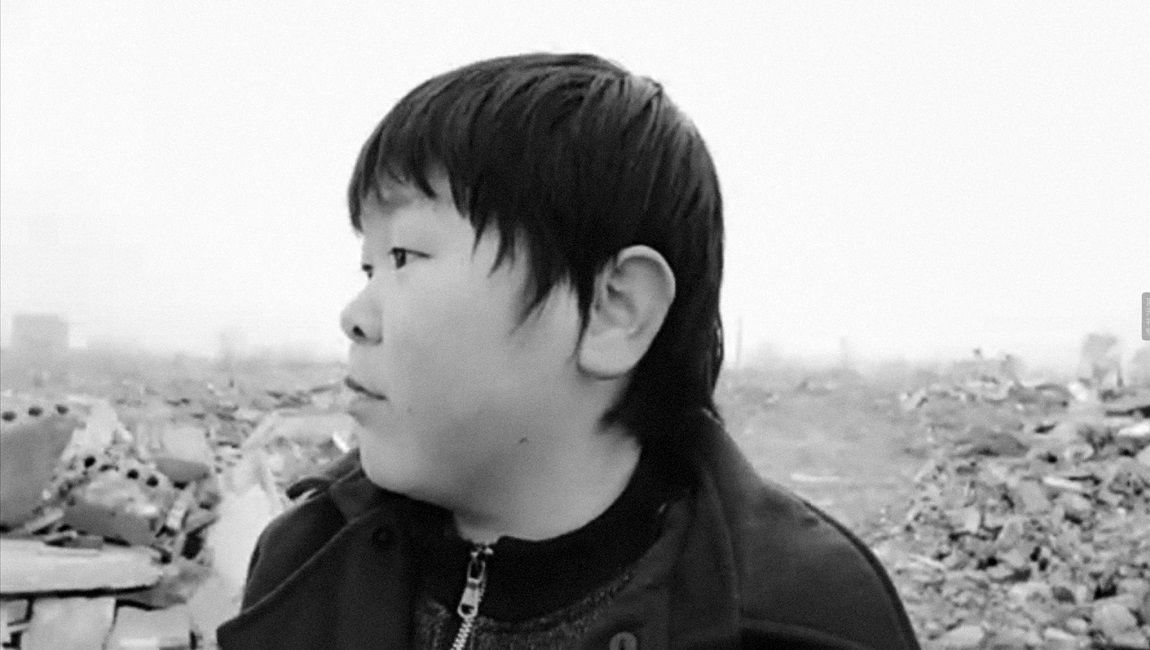Wrath of Silence’s ominous title serves as both a reference to the violent prowess of the film’s mute hero, Zhang Baomin (martial artist Song Yang) — who pummels just about anyone who gets in the way of finding his lost son — and also means to communicate the horrible effects that a certain kind of complicity can bring. The film is essentially about how doing nothing to disturb a wretched status quo carries responsibility for the resulting pain and devastation. This idea is represented in the form of Xu Wenjie (Yuan Wenkang), a lawyer whose work with gangster Chang Wannian (Jiang Wu) helps to perpetuate a plan that Chang uses to take control of every mining company throughout an unnamed Northern region of China, and that seems to afford Xu a rise in his social status.
The inclusion of this B-plot helps director Xin Yukun’s third feature expand its ambitions beyond that of a simple revenge-tale, allowing Xin to enter various socioeconomic zones, from the desolate mining town that Baomin hails from to the large city that Chang and Xu do their corrupt work in. The stories’ of these three intertwine through a series of moral conflicts that escalates in bleakness. And though Xin threatens to dilute the power and meaning of Wrath of Silence with pulpy genre elements like an overly-despicable villain and convoluted plot twists, the film remains grounded in the realities of its socioeconomic conflicts enough so as to mount a grand critique of modern-day corruption in China.
You can currently stream Xin Yukun’s Wrath of Silence on Amazon Prime.
Published as part of New York Asian Film Festival 2018 | Dispatch 2.







